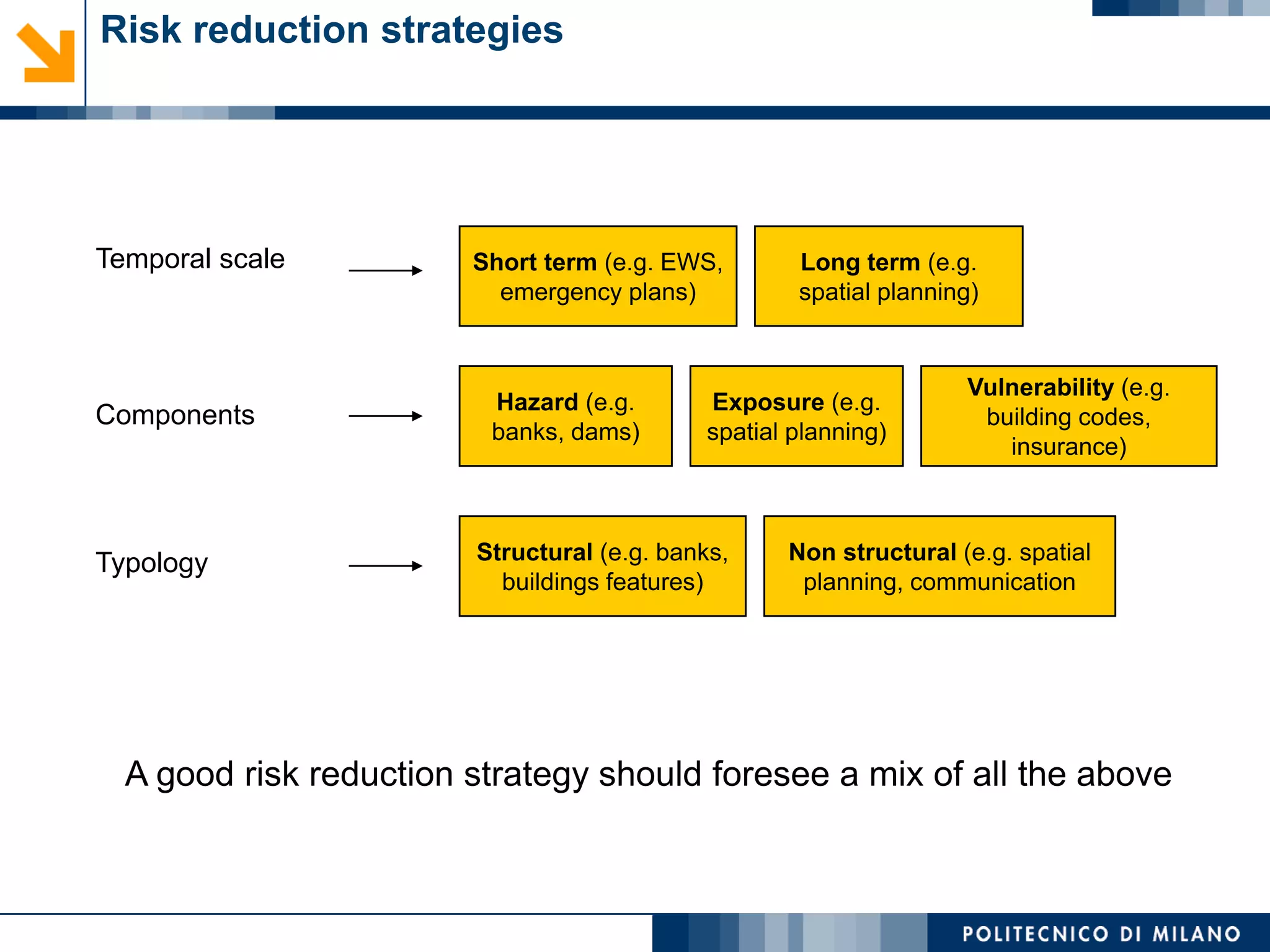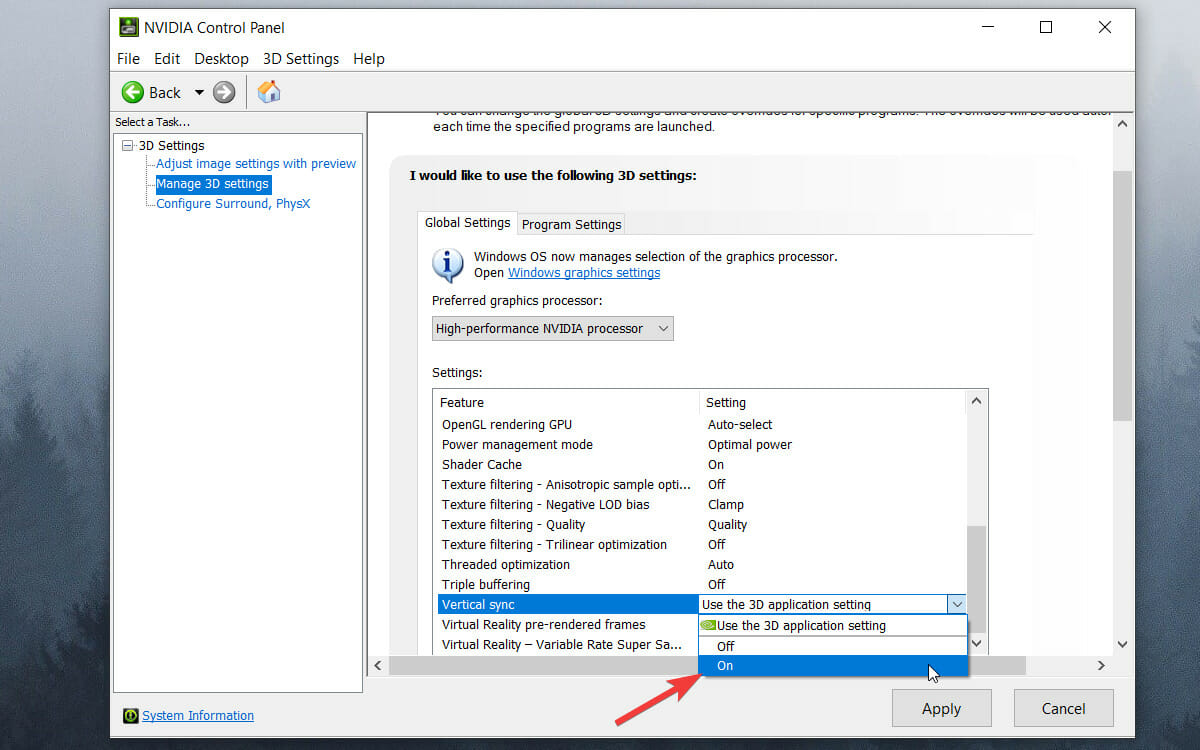Federal Oversight Of Columbia University: Exclusive Look At Trump Administration's Proposal

Table of Contents
Key Provisions of the Proposed Federal Oversight
The Trump administration's proposal for increased federal scrutiny of Columbia University aimed to tighten control over various aspects of the university's operations. This heightened oversight sought to ensure accountability and responsible use of federal funds allocated to the institution.
-
Specific areas targeted for increased oversight: The proposal targeted several key areas, including the allocation and management of research grants, overall financial management practices, and even aspects of the university's curriculum. Concerns were raised about potential conflicts of interest in research funding and a perceived lack of transparency in financial reporting.
-
Mechanisms proposed for implementing oversight: The implementation of this heightened oversight involved several proposed mechanisms. These included more frequent and rigorous audits of Columbia University's finances, stricter reporting requirements on the use of federal funds, and the potential establishment of new regulatory bodies specifically tasked with overseeing Columbia's activities.
-
Legal basis cited for the proposed increase in federal oversight: The administration likely cited existing laws and regulations governing the allocation and use of federal funds by educational institutions as the legal basis for the proposal. The exact legal arguments employed would need further investigation.
-
Examples of similar oversight measures applied to other universities: While the specifics of the Columbia University proposal were unique, the administration likely pointed to instances of increased federal oversight at other universities facing similar allegations of mismanagement or lack of transparency as precedent. However, the extent to which these precedents were truly comparable would need careful examination.
Arguments For Increased Federal Oversight
Proponents of increased federal oversight of Columbia University argued that such measures were necessary to ensure responsible stewardship of taxpayer money.
-
Concerns about potential misuse of federal funds at Columbia University: Allegations of potential misuse or mismanagement of federal funds, whether through intentional wrongdoing or simple negligence, were central to the arguments in favor of increased oversight.
-
Allegations of financial mismanagement or lack of transparency: Specific allegations of financial mismanagement or a lack of transparency in the university's financial dealings fueled calls for greater federal scrutiny. The exact nature and credibility of these allegations would require detailed investigation.
-
Arguments about the government's responsibility to ensure accountability in federally funded institutions: The argument was made that the federal government, as a major funder of research and education at Columbia University, bore a responsibility to ensure accountability and prevent the misuse of public funds.
-
Comparison to oversight measures at other institutions receiving significant federal funding: Proponents of the proposal often drew parallels to oversight mechanisms employed at other universities that had faced similar scrutiny. However, the applicability of these comparisons depends heavily on the specifics of each case.
Arguments Against Increased Federal Oversight
Conversely, significant opposition to the proposal arose, largely centering on concerns about academic freedom and institutional autonomy.
-
Concerns about potential infringement on academic freedom and institutional autonomy: Critics argued that increased federal oversight could unduly restrict academic freedom and impinge on the university's autonomy to manage its own affairs.
-
Potential chilling effect on research and open inquiry: The fear was that increased scrutiny could lead to a chilling effect on research, discouraging open inquiry and potentially biasing research directions to appease federal regulators.
-
Concerns about disproportionate impact on certain research areas or departments: Critics raised concerns that the increased oversight might disproportionately impact certain research areas or departments, potentially stifling innovation and progress in specific fields.
-
Potential administrative burden and financial strain on the university: The sheer administrative burden and associated costs of complying with more stringent federal regulations were also considered significant drawbacks.
-
Legal challenges to the proposal and its potential unconstitutionality: The legal basis for such extensive federal intervention was questioned, with concerns raised about the potential unconstitutionality of the proposal.
Impact on Research Funding and Academic Freedom
The proposed federal oversight had potentially far-reaching consequences for Columbia University's research endeavors and the broader academic landscape.
-
Potential for delays or cancellations of research projects due to increased bureaucratic hurdles: The added layers of bureaucratic review and approval could lead to delays or even cancellations of research projects, hindering scientific progress.
-
Impact on the ability to attract and retain top researchers: Increased regulatory burdens could deter top researchers from seeking positions at Columbia University, potentially impacting the institution's overall research capacity.
-
Potential for self-censorship among faculty and students due to concerns about political repercussions: Fear of political repercussions could lead to self-censorship among faculty and students, limiting the free exchange of ideas and potentially stifling innovation.
Public Reaction and Political Implications
The proposed federal oversight of Columbia University elicited a strong public response, encompassing various viewpoints from within the university community and the broader political spectrum.
-
Summary of statements from Columbia University's administration and governing bodies: Columbia University's administration likely issued official statements addressing the proposal, outlining their concerns and outlining their strategy for responding to the proposed changes.
-
Overview of student and faculty protests and activism: Students and faculty likely organized protests, demonstrations, and other forms of activism to express their opposition to the increased federal oversight.
-
Political commentary and reactions from various parties: The proposal garnered political commentary and reactions from various parties, reflecting broader political divisions on issues of federal regulation and academic autonomy.
-
Public opinion polls and surveys on the issue: Public opinion polls and surveys likely gauged public sentiment regarding the proposal, providing insights into the broader societal implications of increased federal oversight of universities.
Conclusion
This article explored the Trump administration's proposed increased federal oversight of Columbia University, analyzing its key provisions, arguments for and against the proposal, and its potential consequences for research, academic freedom, and the university's autonomy. The proposal sparked intense controversy, highlighting the persistent tension between governmental accountability and the vital principle of academic independence. Understanding the implications of federal oversight of Columbia University, and indeed, of similar proposals at other institutions, is essential for protecting academic freedom and ensuring the responsible use of federal research funds. Continue to stay informed about developments in this area and actively participate in the ongoing discourse regarding the future of university autonomy. Further research into the specific details of this proposal and its ultimate ramifications is strongly encouraged.

Featured Posts
-
 Met Gala 2025 Iconic Fashion Moments From The Red Carpet
May 07, 2025
Met Gala 2025 Iconic Fashion Moments From The Red Carpet
May 07, 2025 -
 Trumps Evolving Stance On Crypto From Criticism To Reported Millions
May 07, 2025
Trumps Evolving Stance On Crypto From Criticism To Reported Millions
May 07, 2025 -
 Dame Laura Kenny Olympic Gold Sir Chris Hoys Advice And Her New Chapter
May 07, 2025
Dame Laura Kenny Olympic Gold Sir Chris Hoys Advice And Her New Chapter
May 07, 2025 -
 Assessing And Mitigating Flood Risks To Livestock
May 07, 2025
Assessing And Mitigating Flood Risks To Livestock
May 07, 2025 -
 Why Is My Ps 5 Stuttering Troubleshooting Performance Problems In Games
May 07, 2025
Why Is My Ps 5 Stuttering Troubleshooting Performance Problems In Games
May 07, 2025
